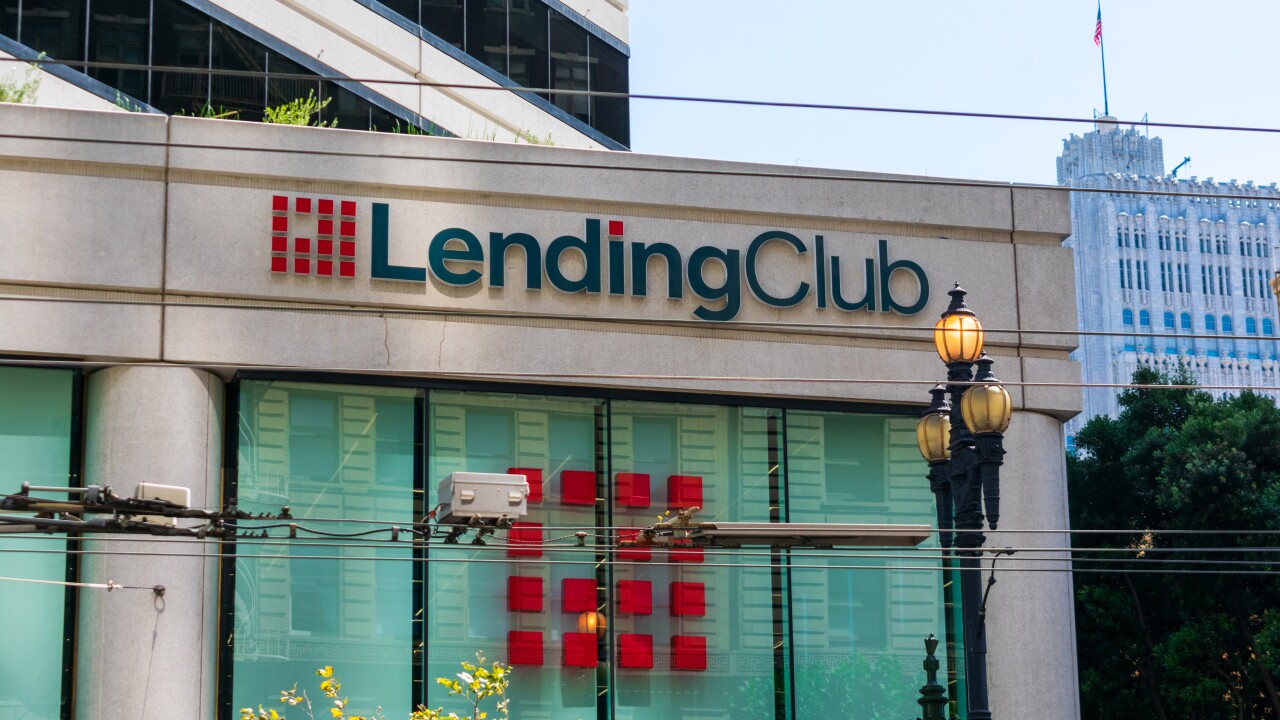Hearing about all the cool advanced mobile payments applications in production around the world - particularly in developing countries - is enough to make an American mobile banking executive feel a little inadequate. Banks here are struggling to find a budget for basic mobile banking projects, no trivial task for a project that early on promises no revenue stream and only fuzzy ROI. And even if the market here hasn't fully embraced mobile banking, the evolution beyond that to mobile payments will reward banks with the magic word they've been longing to hear: Revenue
Sybase365's a step ahead of the rest of the domestic market - perhaps not surprisingly with a non-U.S. bank - thanks to its recently completed a P2P mobile payments trial with RBC in Canada. The successful pilot was enabled by Sybase365's late 2008 purchase of mobile payments vendor paybox, which instantly catapulted Sybase365 into the top-tier of mobile payments vendors, with little competition from American players. "We have some good advantage, I don't see any other players who have the whole breadth of (mobile) banking, plus the payments," says Cameron Franks, director of product management.
Sybase is one of the few vendors in the space that offers its own products that span core processing, online banking, mobile banking and payments, not to mention its legacy database line. The company is also working to leverage its middle-man position in the SMS and MMS messaging sphere, where it routes more than 200 billion messages per year around the world. Working against its mobile payments play is the reality that it has only about 50 installed core processing customers in he U.S.; in its favor are the major mobile implementations its got with Citibank, Citi Cards, and Compass Bank.In Austria and Germany, Sybase 365's paybox is ubiquitous in cabs, allowing riders to enter their cell phone number on a POS terminal to pay for a cab ride.
Sybase365's Canadian pilot allowed RBC customers to create a Mobex stored-value account - essentially a virtual wallet - and then to utilize SMS to send money to anyone else who with a cell phone that receives text. The recipient would need to open a Mobex account to redeem the funds, but did not need to be an RBC customer. Amounts over $25 were verified with a PIN entered into the mobile phone.
And while 97 percent of U.S. banks have yet to launch mobile banking, according to forecasts by Aite Group, the most forward-leaning of the lot have their eyes on person-to-person payments as a major market opportunity.





